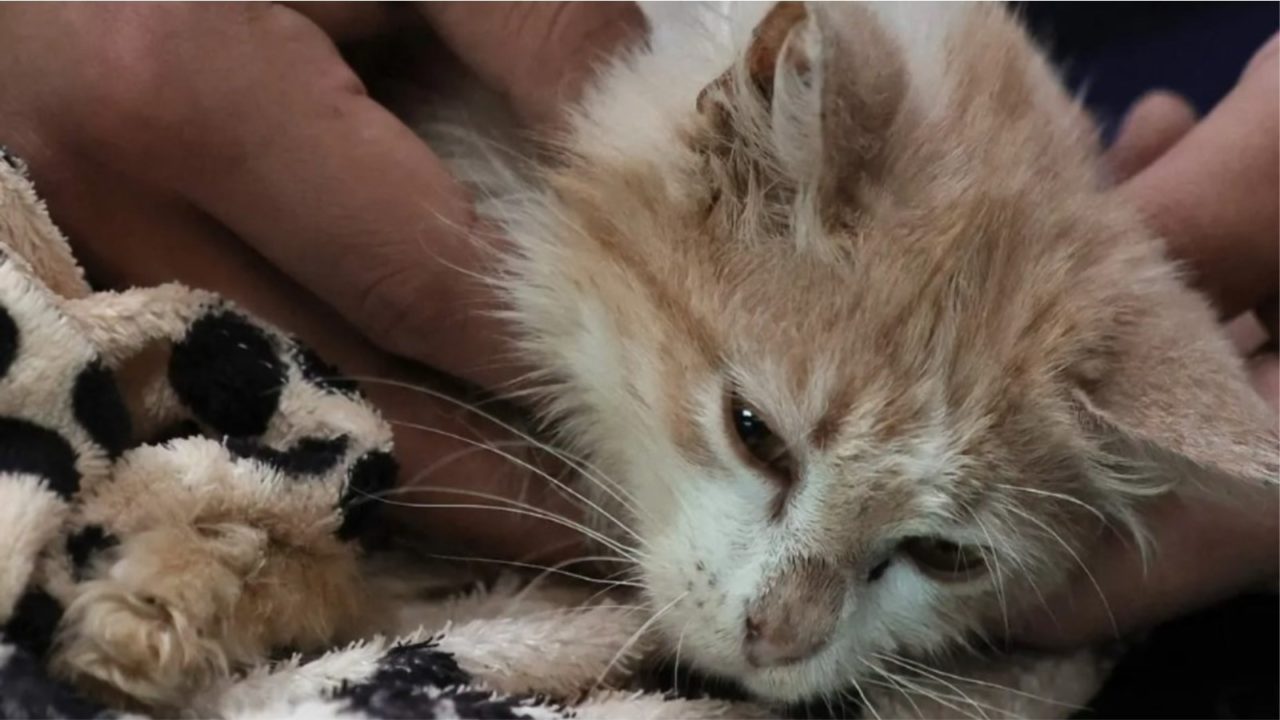
Health experts in Europe are analyzing the sudden and frequent deaths of cats in Cyprus. Thousands of cats have died from a variant of the coronavirus in these animals. Since there are many domestic cats among them, there can be a danger to humans as well.
The current outbreak in Cyprus is a feline coronavirus, unrelated to COVID-19, which has also affected cats in Britain. At the moment, it does not appear to infect humans. It usually causes a mild stomach upset in animals, but can lead to infectious peritonitis in cats. In this case, the white blood cells become infected and the virus spreads throughout the animal’s body, causing a potentially fatal inflammatory reaction in the abdomen, kidneys and brain.
Since the beginning of the year, Cyprus veterinarians have warned of an unusual and sudden increase in feline infectious peritonitis cases across the country, going from three and four PCR-confirmed cases in 2021 and 2022, to 98 in January 2023 alone. A figure that has risen to 300,000, according to the latest data provided by Dinos Ayiomamitis, director of the Society for the Protection n and Cat Welfare.
Charalampos Attipa, a professor of clinical pathology at the University of Edinburgh and one of the scientists who investigated the outbreak, says the number of cases had increased 40-fold after a year: “The numbers are in the thousands, but the exact number is difficult to say.”
The expert, after describing the development of this virus as “alarming”, pointed out a more virulent trend in circulation. After the COVID-19 coronavirus pandemic, which affected several animals (including cats), a new strain may have emerged. By having antibodies, an evolution of existing feline coronaviruses could have spread in recent years.
Situation in other countries
In Lebanon, Israel or Turkey (countries with large populations of stray cats), veterinarians have also confirmed similar increases, although with no evidence of a pattern similar to that of the United Kingdom and Cyprus. Meanwhile, in Britain the spread appears to be slower, as there are even fewer stray cats. The British Veterinary Association (BVA) advises that cats imported from Cyprus are tested before travelling.
“The reported cases of Feline Infectious Peritonitis (FIP) in Cyprus are worrying. Our current advice to cat owners is to contact your vet if you have any concerns about your pet’s health,” explains Dr. Justine Shotton, BVA Vice President.



















